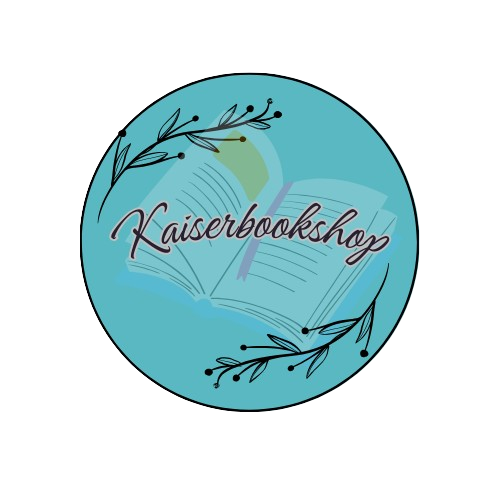
Table of Contents
ToggleLanguage Skills
Book discussions provide a dynamic platform for enhancing language skills, critical thinking, and comprehension abilities among students. By engaging in thoughtful conversations about literature, students not only deepen their understanding of texts but also develop essential communication skills that are invaluable for academic success and beyond. In this blog, we explore the benefits of book discussions for language development and offer practical tips for educators and parents to facilitate meaningful discussions.
Importance of Book Discussions
Book discussions offer a unique opportunity for students to engage with complex ideas, diverse perspectives, and literary techniques present in texts. Through dialogue with peers and facilitators, students learn to articulate their thoughts, analyze text evidence, and construct logical arguments, thereby strengthening their language skills in reading, writing, speaking, and listening.
Reading Comprehension
One of the primary benefits of book discussions is their impact on reading comprehension. By actively engaging with peers to interpret and analyze text, students deepen their understanding of plot, characters, themes, and literary devices. Moreover, discussing different interpretations of the text encourages students to consider alternative perspectives and develop their critical thinking skills.

Improving Oral Communication Skills
Book discussions provide a supportive environment for students to practice oral communication skills such as expressing ideas clearly, listening actively, and responding thoughtfully to others' viewpoints. Through dialogue with peers, students learn to communicate effectively, articulate their thoughts, and engage in respectful discourse, thereby building confidence in their ability to express themselves verbally.
Developing Writing Proficiency
In addition to improving oral communication skills, book discussions can also enhance writing proficiency. Encouraging students to reflect on their reading experiences, share insights, and defend their interpretations in writing fosters metacognition and deepens understanding. Furthermore, writing responses to book discussion prompts or participating in online forums can help students refine their written communication skills and develop their own voice as writers.
Conclusion
In conclusion, book discussions are a powerful tool for enhancing language skills and fostering a love of literature among students. By engaging in thoughtful dialogue about texts, students develop critical thinking, communication, and comprehension abilities that are essential for success in school and beyond. Whether in the classroom or at home, educators and parents can leverage book discussions to inspire a lifelong passion for learning and empower students to become confident, articulate, and empathetic communicators.
